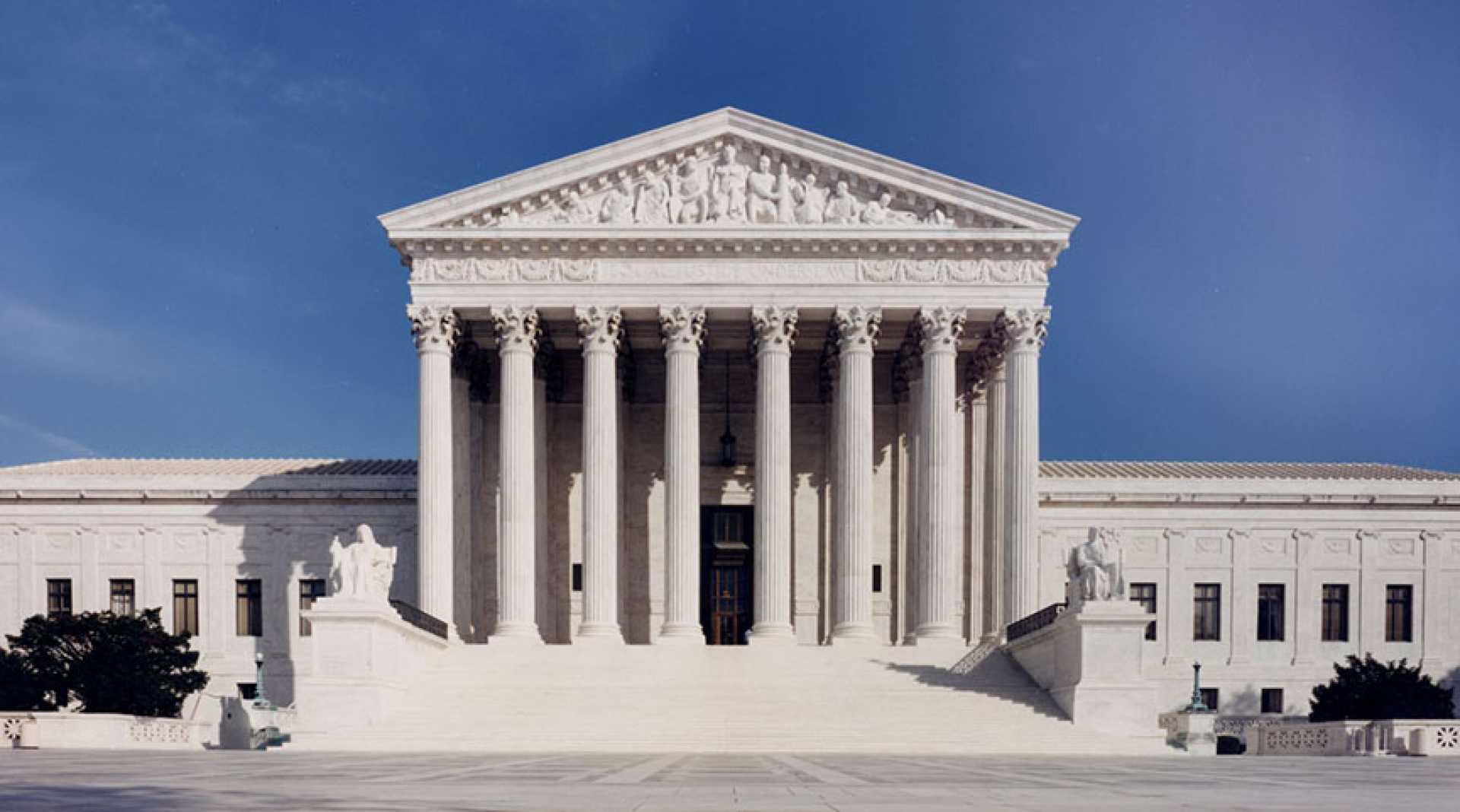Politics
Supreme Court Halts Deportation of Venezuelan Detainees Amid Legal Battle

WASHINGTON — The U.S. Supreme Court issued a ruling early Saturday that temporarily prevents the Trump administration from deporting Venezuelan men held in immigration custody in Texas. The decision comes as legal challenges regarding their deportation status are ongoing.
The Supreme Court’s order was prompted by claims from lawyers representing the detainees that the government was poised to remove them without affording them the due process mandated by previous court rulings. The brief, unsigned order instructs that the government must not deport any member of the class of detainees until further notice.
As outlined in the court’s order, the Southern District Court in Texas has yet to make a ruling regarding a similar request for intervention. Notably, conservative justices Clarence Thomas and Samuel Alito voiced dissent against the Supreme Court’s decision.
The ACLU, which is advocating for the detained individuals, filed urgent pleas following reports that immigration officials began loading men onto buses at the Bluebonnet Detention Center in Anson, Texas, with the intention of deporting them. “The rapid developments do not provide these men a realistic opportunity to contest their removal, as required by the Supreme Court,” ACLU attorney Lee Gelernt stated.
The Trump administration had sought to apply the Alien Enemies Act of 1798 to deport these men, claiming ties to the Tren de Aragua gang, a group allegedly involved in violent crime. This application raises significant legal concerns, as it is primarily intended for wartime situations.
The ACLU argues that these detainees should receive adequate notice before any deportation efforts, with a minimum of 30 days to prepare legal challenges. “The notice provided by the government does not comply with the Supreme Court’s order,” they emphasized in their injunction request. Judge James Boasberg, overseeing the current legal proceedings, indicated that the forms handed to detainees lacked important information about their rights.
During an emergency hearing, Judge Boasberg noted the government’s failure to offer the detainees a chance to document their legal objections effectively. “The process inadequately informs them of their rights to contest their removal,” he remarked.
While the Department of Homeland Security (DHS) denied knowledge of any immediate deportation plans following the Supreme Court’s ruling, Assistant Secretary for U.S. Homeland Security Tricia McLaughlin mentioned that they are adhering to the court’s instructions.
In prior rulings, including a notable decision from April, the Supreme Court affirmed that individuals designated for deportation under the Alien Enemies Act were entitled to challenge their removal through habeas corpus petitions. This fundamental legal right allows individuals detained to contest the legality of their detention.
The case underscores broader implications regarding the Trump administration’s immigration policies and their compliance with judicial mandates, especially concerning its invocation of historical laws in contemporary contexts.
As the legal battle unfolds, the ACLU continues to push for the rights of the detainees, arguing vigorously for due process in light of the complexities surrounding their case. Further developments are anticipated as the appeals court considers the motions brought forth.












